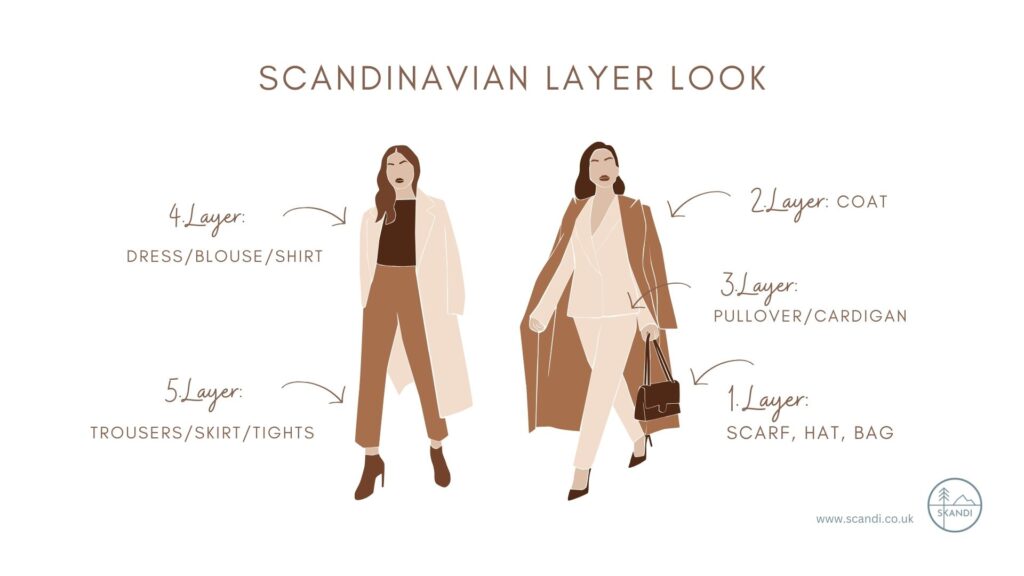Sweden has long been known for its minimalist approach to style, and in 2025, Swedish fashion brands are at the forefront of redefining Scandinavian chic. From globally recognized labels to emerging designers, the country’s fashion industry is leading the conversation on sustainability, functionality, and understated elegance.
One of the most defining features of Swedish fashion is its commitment to sustainability. Brands like Filippa K, House of Dagmar, and Acne Studios have set high standards for eco-friendly practices by using recycled fabrics, natural dyes, and circular fashion models. These labels prioritize quality over quantity, producing timeless pieces that reduce environmental impact and challenge the fast-fashion culture.
Another key element shaping Swedish fashion in 2025 is its fusion of streetwear and minimalism. Brands such as Our Legacy, Eytys, and Weekday are creating bold yet versatile collections that merge urban aesthetics with clean Scandinavian lines. Their designs often feature muted tones, oversized cuts, and durable fabrics, appealing to both local and international markets. This unique blend has made Swedish street style highly influential in global fashion weeks.
Gender-neutral fashion is also gaining traction in Sweden. Many brands are breaking traditional norms, offering unisex collections that focus on comfort and inclusivity. Labels like Hope Stockholm are championing this trend, providing versatile wardrobe staples that transcend gender boundaries.
The influence of Swedish lifestyle principles such as “Lagom” (balance) and “Fika” (mindful breaks) is reflected in the fashion industry’s focus on simplicity and functionality. Whether it’s winter-ready outerwear from Fjällräven or chic everyday wear from Totême, Swedish brands prioritize designs that are both stylish and practical, perfect for modern living.
Looking ahead, Sweden’s fashion scene is expected to continue blending technology with sustainability. Digital fashion shows, virtual fitting rooms, and AI-powered design processes are being embraced by brands to stay ahead of the curve while reducing waste.

